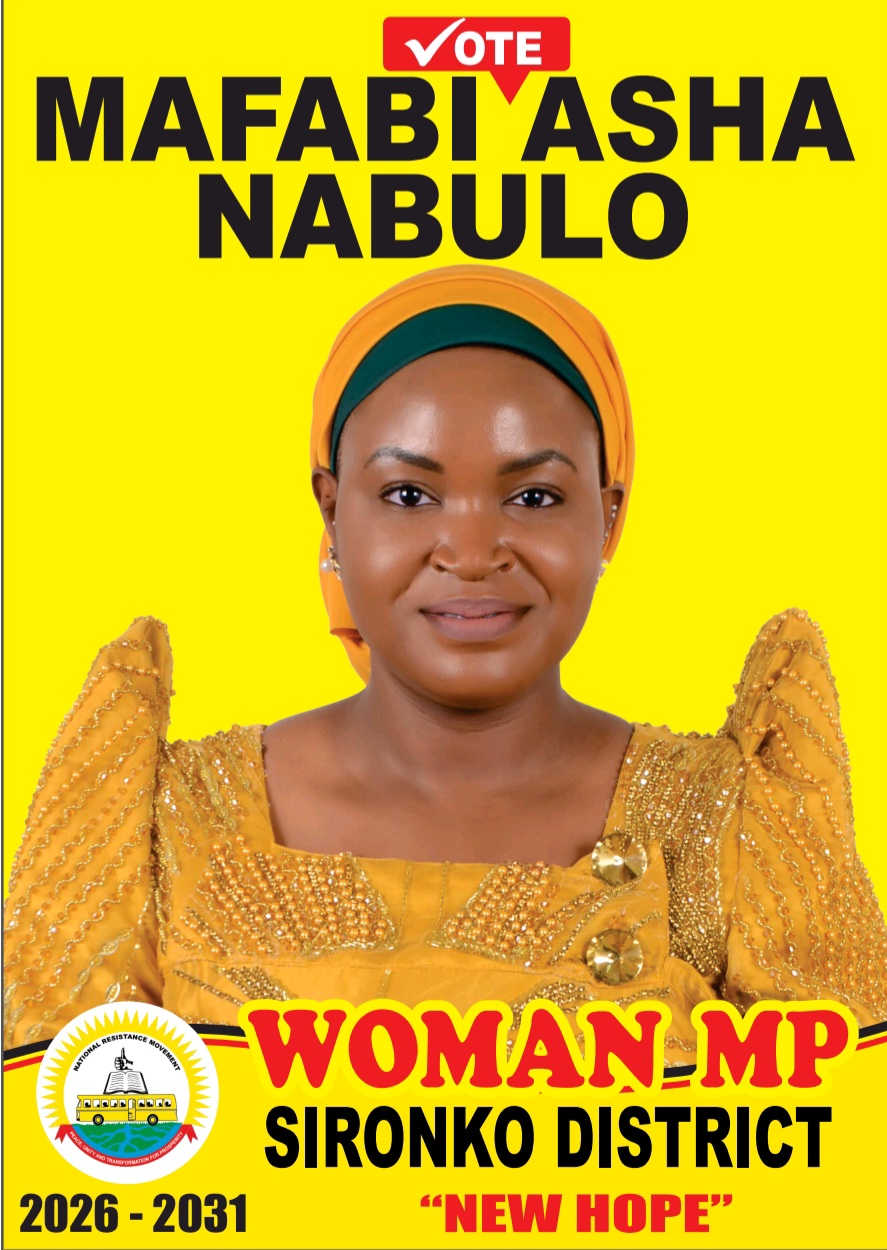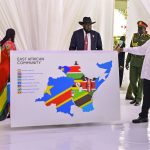Published on 28/05/2025
Uganda Police Force (UPF) has announced plans to review its policy on the deployment of escort vehicles to individuals, in a move that could see most government-issued lead and escort vehicles withdrawn from private use.
Beneficiaries of such security will instead be required to procure their own lead cars should they wish to maintain enhanced protection.

This revelation was made by the Deputy Inspector General of Police, Maj. Gen. James Ochaya, while appearing before Parliament’s Public Accounts Committee (PAC) on May 27, 2025. He was responding to concerns raised during the committee’s consideration of the Auditor General’s December 2024 report on the Police Force.

“We take concerns from MPs about the deployment seriously. We are currently reviewing the policy and have brought it to the attention of the Government. The Prime Minister has written to all entities, and we want to withdraw our vehicles from them,” Ochaya said. “If someone wishes to have enhanced security, they should buy their own vehicle, and we may provide support. We are also drafting a Cabinet Memo to guide us on who is entitled to security and how many officers they are entitled to.”
The announcement followed concerns raised by Tororo District Woman MP Sarah Opendi, who questioned why police stations across the country are grappling with transport shortages, yet many police vehicles are being used to escort individuals—most of whom, she argued, do not warrant such protection.
“You find officers in institutions that aren’t even publicly known being given lead cars,” Opendi said. “I was recently at Sheraton and saw a police convoy, lights flashing, officers jumping out, and a lady emerged—someone I didn’t even recognize. If I don’t know her, how can the public? Is she under any threat?”
Opendi criticized what she called a culture of entitlement among top government officials, many of whom she said demand heavy security despite facing no credible threats.
“Some of these officials should be moving with just one police officer, but instead they have a lead car, an escort car, and that means six officers,” she added. “This is a huge burden on taxpayers. There’s unnecessary wastage and deployment in areas that don’t require it.”
Bungokho Central MP Richard Wanda agreed, but went further, describing the situation as not just wastage, but outright abuse of public resources.
“There are people in this country who don’t deserve any kind of police protection, but they misuse the system. In Mbale, we had someone with 10 police officers, six of whom were stationed at his homes. We petitioned for redeployment, but the question remains—why was he given that in the first place?” Wanda asked.
PAC Chairperson Muwanga Kivumbi raised another concern, questioning whether the provision of police protection automatically entitles beneficiaries to right of way on public roads.

“If you are given a lead car, must you bounce people off the road like you’re above the law? Everyone these days adds sirens and strobe lights to their vehicles—soon, no one will be able to see,” Kivumbi remarked.
MPs Push for Centralised Government Vehicle Workshops
During the same session, MPs also recommended consolidating all government vehicle maintenance workshops under a single entity to save costs and improve efficiency. Currently, multiple ministries and agencies—including the Ministries of Agriculture, Works, and Police—operate their own scattered and often under-equipped repair units.
“Why not consolidate all this capacity into one central facility that can maintain the government fleet?” Kivumbi suggested. “You can still have a section for security vehicles. A workshop that repairs tractors can repair tanks too.”
The proposal came in light of an Auditor General’s report that revealed the Police Force spent UGX 6 billion in FY2023/24 to construct vehicle repair garages in Arua, Soroti, Mbarara and Gulu. Yet, despite this investment, an additional UGX 3.6 billion was spent on repairs and servicing from private providers outside those facilities.
Aggrey Wunyi, Undersecretary at Uganda Police, attributed the continued outsourcing to a lack of funds to equip the newly built garages.
“We haven’t yet fully equipped the workshops. But given the urgency of vehicle repairs for operations, we had no choice but to use external garages,” Wunyi said. “We’re still waiting for funding to make these regional workshops fully functional.”
Mawogola South MP Gorrethe Namugga demanded accountability, noting that many of the regional workshops remain idle despite the large expenditure.
“We need to know what services are offered at these regional garages. In many cases, we find ourselves paying to repair police motorcycles and vehicles that should be maintained at regional level,” she said.
In response, PAC resolved to recommend an oversight visit to the regional workshops to verify their operations and investigate possible misuse of funds.
“These workshops are flagged in the Auditor General’s report under matters of special audit. That implies potential abuse. We’ll request the Committee on Internal Affairs to inspect each regional facility,” said Kivumbi.








